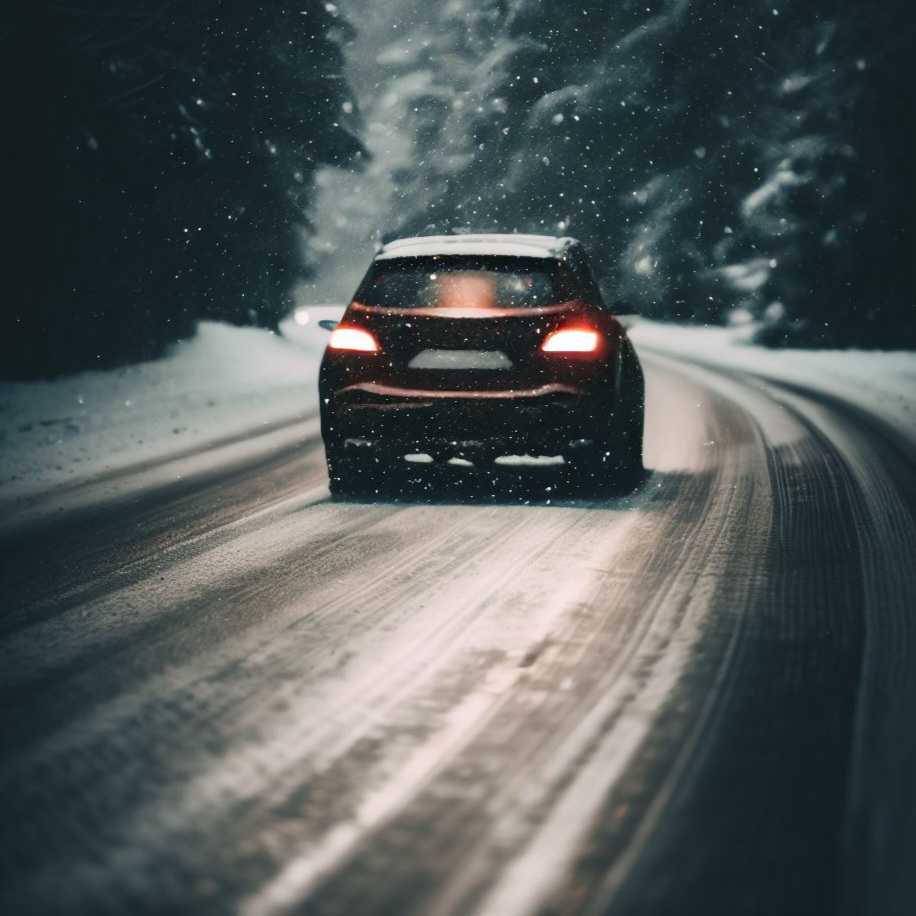Amb l’hivern above the neu, the boira, the fred and the gelades roads. To avoid accidents or use advice for these days of ice and cold
Carry equipment (chains or contact rings)
The most important thing to do when driving into winter and into mountain areas like Andorra is to carry the equipment, which is obligatory in Andorra (if not carrying it and being exposed to snow, you will be fined). You must carry contact rings or chains in the trunk and know how to use them in case of snow.

Respect safety distances
In the case of neu, gel, foam or simply pluja, it is always advisable to increase the safety distance between the vehicle in front of you, to have more room for reaction and thereby avoid an accident or reduce the impact.
Reduce speed and long distances to the new
When the road is snowy or muddy, the problems of lliscament increase and so our safety is compromised. For this reason, it is advisable to reduce the speed and use long gears to start, to set the segona in the first gear on both sides to prevent the vehicle from skidding.
Avoid sudden braking and unnecessary advances
It is important to drive gently to avoid collisions with the vehicle or damage to the car. The ideal thing above all else is to use the engine brake and press the brake pedal as little as possible.
Avoid advances because for now it is necessary to increase the speed and there may be a risk for us and for the other drivers, so remember that the vision may be less and that for the most part be sure that we also know the behavior that the other driver may have.
Be prepared in case you stay
We need to plan for any situation so that you can carry at least a torch, a mobile car, a fuel tank, water, a piece of food, a coat, a blanket or a thermal blanket, and a small pharmacy.

Inform-it is always abans de sortir
It is very important to check the weather forecasts and road conditions. To be prepared before possible problems.
Aturar and rest in cas d’un travel
Everyone should be advised every 3 hours, but the number facing winter requires more attention and stress than driving it to winter. However, it is recommendable except for stops and
It is also advisable not to place the mass heating on the patio.
The internal temperature of the vehicle should be comfortable, but it should not become excessive as it can contribute to insomnia.
The most important thing when driving or traveling all year round and especially in winter is to drive with caution and arrive safely (no matter the weather, but getting there without any problems).
